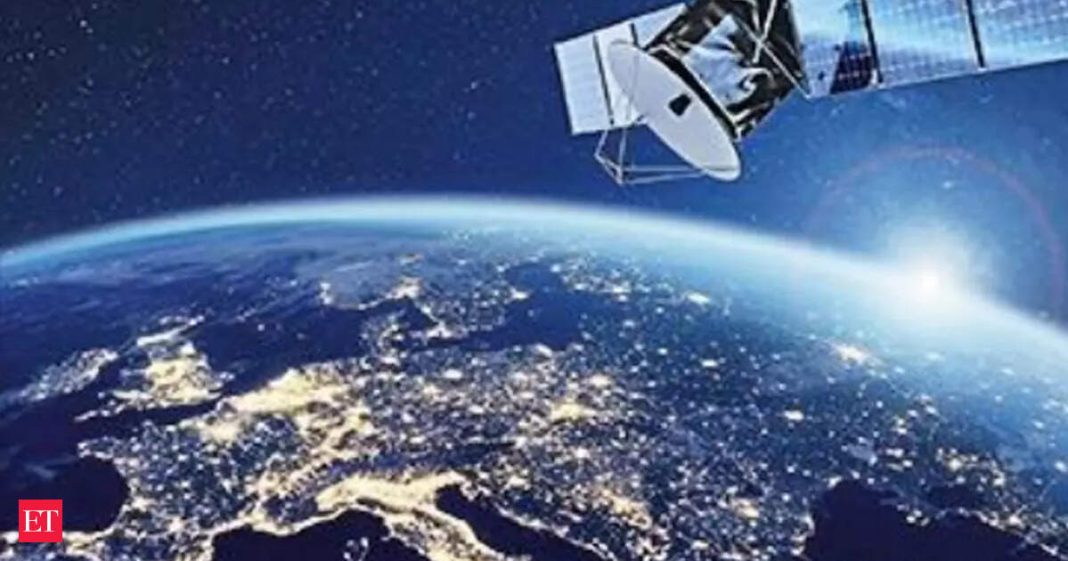India Blocks China-Linked Satellites to Bolster Security
India has begun blocking satellites with Chinese links, directing broadcasters and teleport operators to shift to non-Chinese alternatives by March next year. The move aims to strengthen national security infrastructure amid geopolitical tensions.
Key Takeaways
- IN-SPACe has rejected proposals from Chinasat, ApStar, and AsiaSat.
- Broadcasters like JioStar and Zee must migrate from AsiaSat 5 and 7 to GSAT or Intelsat by March.
- India is prioritizing domestic satellite capacity and reducing reliance on foreign systems.
Space sector regulator IN-SPACe has declined authorization for satellites from China-linked firms including Chinasat, Hong Kong-based ApStar, and AsiaSat. AsiaSat, operating in India for 33 years, now has approval for only two satellites—AS5 and AS7—until March. Proposals for AS6, AS8, and AS9 were rejected.
“Broadcasters including JioStar, Zee, etc, as well as teleport operators have to move from AsiaSat 5 and 7 satellites to other satellites like local GSAT and Intelsat by March next year,” an anonymous source revealed. A second source confirmed companies have already started transitioning to prevent service disruptions.
Regulatory Overhaul and Industry Response
Zee confirmed it migrated services to GSAT-30, GSAT-17, and Intelsat-20 satellites by mid-September 2025. “As of now, we do not have any services on AsiaSat-7,” a spokesperson stated. IN-SPACe, JioStar, and ApStar did not respond to queries.
AsiaSat is negotiating with IN-SPACe for service continuation. Rajdeepsinh Gohil, Managing Director of Inorbit Space (AsiaSat’s India partner), said, “Inorbit Space has applied for the extension of AsiaSat 5 and AsiaSat 7 C band with IN-SPACe. Inorbit Space and AsiaSat top management has had several rounds of meetings with IN-SPACe chairman and programme management office in the last few months.”
Gohil noted IN-SPACe hasn’t provided reasons for denying long-term authorization, despite acknowledging AsiaSat’s 33-year contribution. “There is no history of AsiaSat non-compliance in India. All prior uplinks on AsiaSat satellites are approved by MIB, DoT, DoS and MHA,” he emphasized.
Shift to Domestic and Approved Foreign Satellites
Under new regulations, all foreign satellites must obtain IN-SPACe authorization. Satellites like Intelsat, Starlink, OneWeb, IPStar, OrbitConnect, and Inmarsat have secured approvals.
Officials assured sufficient domestic capacity via GSAT satellites, eliminating past constraints that forced approval of Chinese-linked satellites. With space becoming critical for national security, the government is aggressively developing local infrastructure.
India’s space economy is projected to reach $44 billion by 2033, expanding its global share from 2% to 8%. Beyond broadcasting, communications will drive growth. Satcom firms including Starlink, Eutelsat OneWeb, Amazon Kuiper, and the Jio-SES joint venture await final government clearance for broadband services.




